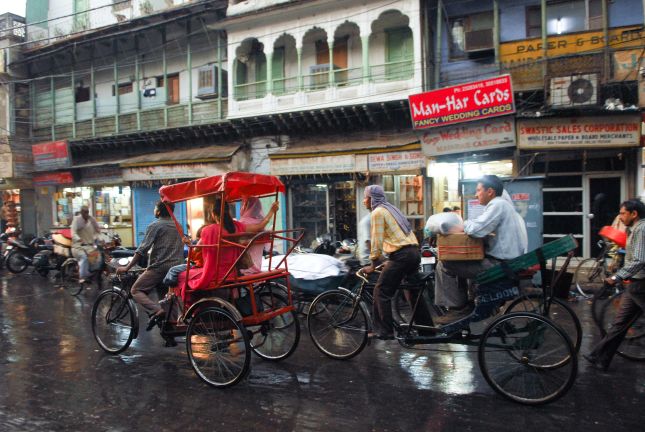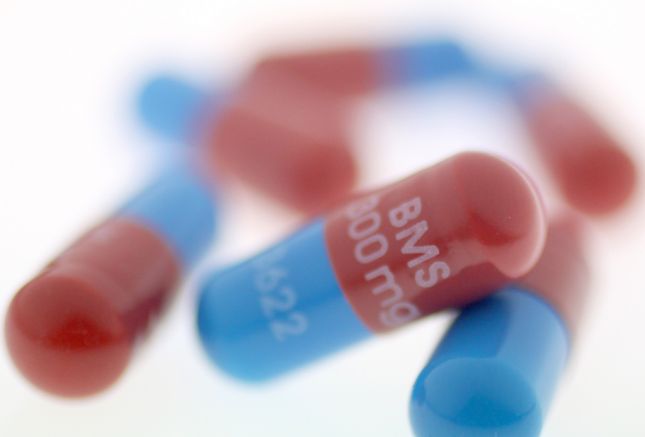Modi’s Proposal Requiring Doctors to Prescribe Generic Medication Puts Patients at Risk
India’s Prime Minister Narendra Modi has recently hinted at imposing new laws that would require doctors to prescribe generic medications. The law, Modi claims, would decrease the price of medication and allow patients greater access to health services. However, Modi’s proposal would diminish the autonomy of medical professionals and increase trade in dangerous fake medications.
Already, poor-quality and fake medications are widespread in India; a study published by the National Bureau of Economic research examined 1500 generic drugs manufactured in India, finding that a full 10% of the antibiotic and anti-tuberculosis samples did not meet quality standards. Some of these generics are counterfeit, and some are made by legitimate corporations but lack their active ingredients.
When it comes to regulating pharmaceuticals, India is in the business of regulating price but not quality. Forbes Magazine reports that India’s Central Drugs Standard Control Organization (CDSCO) has been tied to the very manufacturers who create unsafe medications:
“CDSCO has been repeatedly cited by the country’s own Parliamentary Committee on Health for corruption and colluding with local companies. Endorsement letters from doctors have been faked to secure marketing authorizations, products approved without conducting proper clinical trials, and bribes paid by companies to speed approval of products.”
Unfortunately, consuming fake drugs can be a fatal error. In the best of circumstances, fake medications are placebos, lacking the real, life-saving ingredients that patients need. Other counterfeiters engage in more nefarious schemes, replacing prescribed medications with dangerous substitutes like fentanyl – a powerful opioid 40 times more potent than heroin. The FDA strongly warns against the consumption of counterfeit medication, stating in no uncertain terms:
“Counterfeit medicine is fake medicine. It may be contaminated or contain the wrong or no active ingredient. They could have the right active ingredient but at the wrong dose. Counterfeit drugs are illegal and may be harmful to your health.”
Repeated independent studies show that a minimum of five percent of medicines made in India are unsafe for consumption. For India to mandate the prescription of generic medications without guaranteeing the quality of those medications recklessly jeopardizes patient safety.
The crucial problem with Modi’s proposal is that it takes decision-making power out of the hands of trained medical professionals who understand the needs of their patients, as well as the quality of medications available at local pharmacies. Moreover, it dissuades patients from purchasing branded medication – even in communities where these brands are the most trustworthy option.



